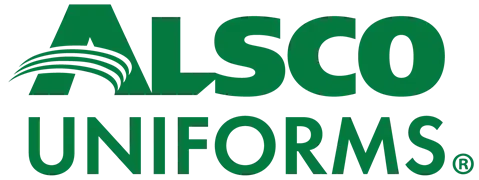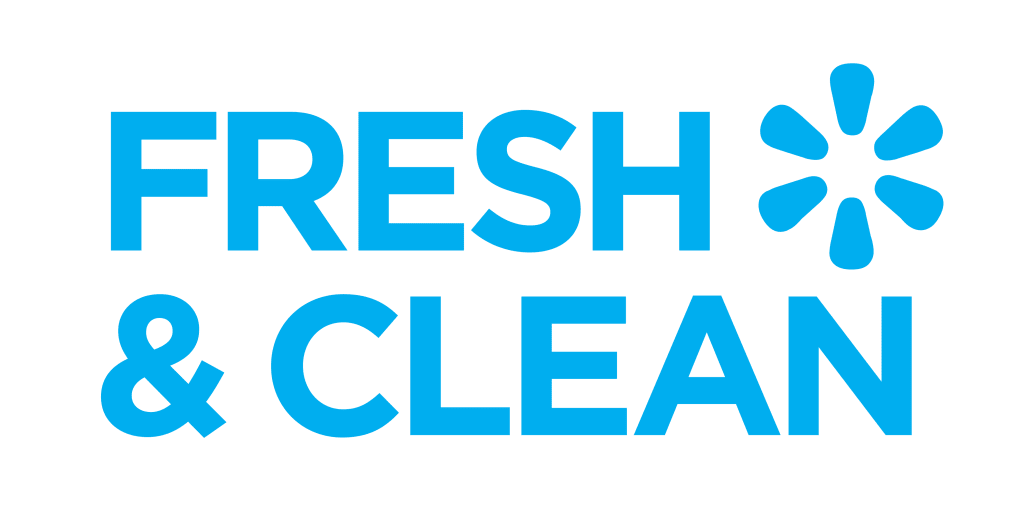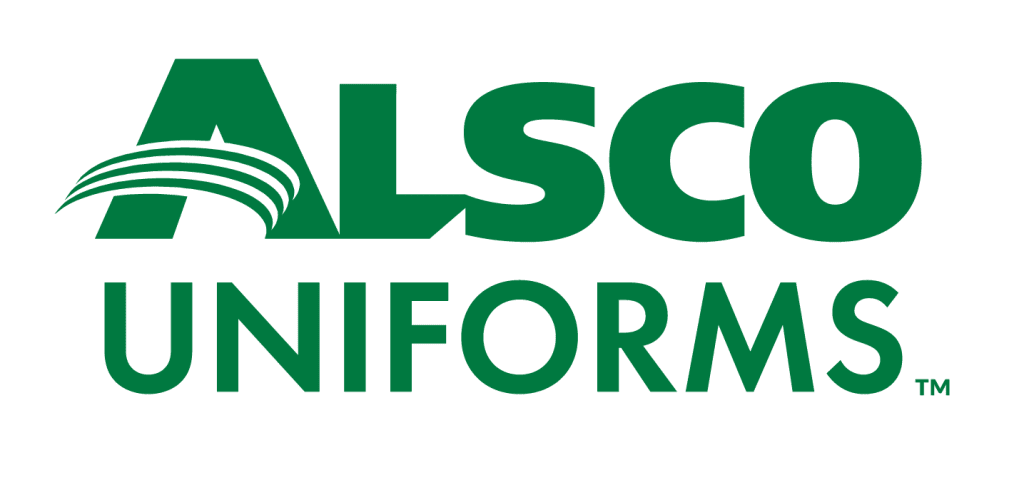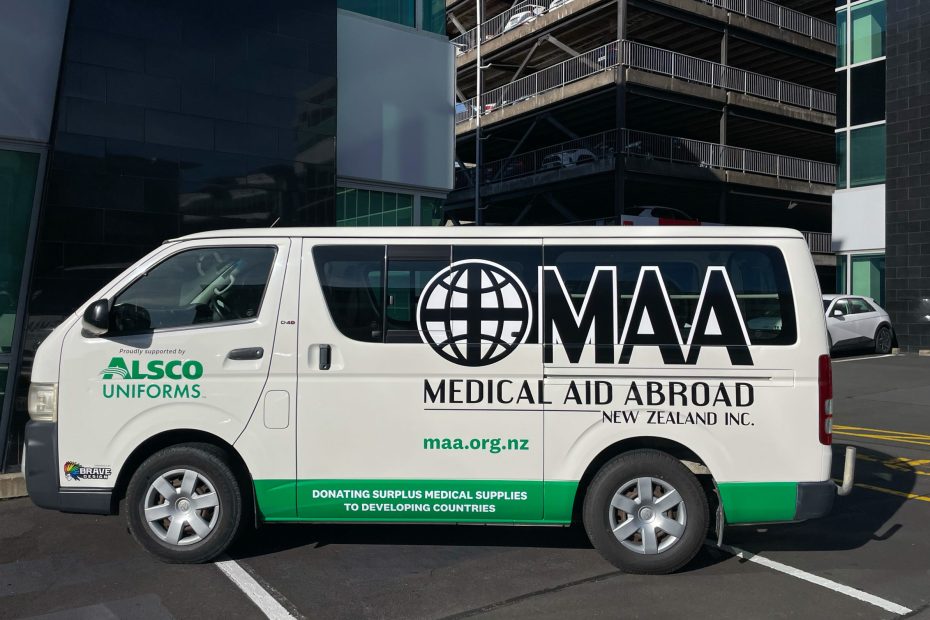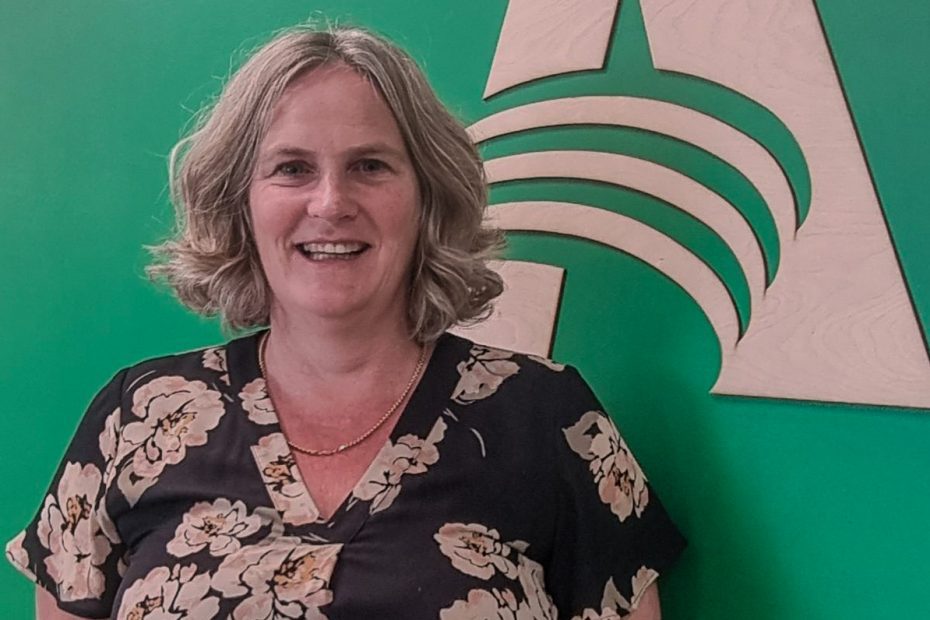Workplace injuries happen to 600 people and kill one New Zealander each week. Apart from the human toll, the effect on a small or medium-sized enterprise can be terminal.
According to Gavin Smith, the designer of a tailor-made managed first aid system, although the New Zealand workplace is getting safer, what is required for businesses to comply with Occupational Safety and Health (OSH) is getting tighter and more robust.
Managed first aid systems
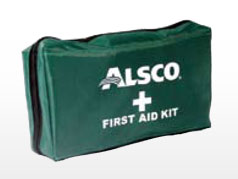 Gavin, New Zealand manager at Fresh and Clean, part of ALSCO, specialists in managed first aid systems, says an increasing number of Australasian businesses are now opting for this type of system, where they contract their first aid kit management to an all in one rental service because the DIY approach doesn’t meet the stringent OSH or Australian state requirements.
Gavin, New Zealand manager at Fresh and Clean, part of ALSCO, specialists in managed first aid systems, says an increasing number of Australasian businesses are now opting for this type of system, where they contract their first aid kit management to an all in one rental service because the DIY approach doesn’t meet the stringent OSH or Australian state requirements.
He explains: ‘Most businesses will have a first aid box somewhere and usually they are completely disorganised and dysfunctional. I visited a South Island engineering firm a month ago. They were prepared for a paper cut at best. If a major cut or injury occurred they wouldn’t have been able to deal with it.’
OSH Guidelines for businesses
Gavin has summarised the five pages of OSH Guidelines for businesses to meet the requirements of the Health and Safety in Employment Act (1992) into eight points:
- ‘All practicable steps’ should be taken by employers (and others) to provide properly maintained first aid equipment.
- First aid equipment is suitably marked and easily available.
- Marking used should be a green cross on a white background.
- There is at least one kit on each floor of a multi-level workplace.
- An additional kit should be provided where there are more than 50 employees and every 50 employees thereafter.
- It is essential for first aid equipment to be checked regularly.
- Items are to be replaced before the expiry date on the packets.
- Each work vehicle should be provided with a first aid kit.
He explains: ‘Most people fall over at the first step. Many businesses will have bought a kit five years ago and forgotten all about it. Secondly, they will most likely have put it somewhere and in an emergency, no one can find it. Thirdly, you’d be amazed at how many still have a red cross on them. When we do a first aid kit audit we find that most kits have not been checked recently. The rules have changed too; everything has now to be single-use. You can’t just have a bottle of eyewash for example. They have to be single, sealed, sterile packs.’
Managed first aid system – An American example
Gavin developed a managed first aid system after being told about an American version by ALSCO chief, Tony Colenso. ‘Our CEO had seen the concept of a managed first aid system in the US. Broadly spoken we are a health, safety and image company and it seemed to us that this would be a natural evolution for our overall service. I looked at how we could develop a scheme for our existing customer base and we started with a pilot service in Wellington in 2002.’

Several other suppliers will sell businesses a first aid kit but checking the contents and replacing used items is either too expensive or left to the client to manage by ordering supplies online.
Gavin explains: ‘A lot of businesses don’t realise how much they spend managing their kits and the people to manage them. It’s a false economy. They don’t know if their kit is being serviced to the correct standards if it has been allocated to a staff member or what their auditing ability internally is. But many businesses now prefer to have it done for them and know that they are meeting all the OSH requirements. A rental programme for around a dollar a day per kit removes the need to check the kit yourself and the servicing of our kits takes less than two minutes for one of our trained operatives.’
Checked and restocked
Gavin designed the ALSCO kit with an exchangeable liner with clear plastic pockets for day to day use. The contents are checked routinely and restocked. The entire liner is replaced every three months whether used or not. The contents are reprocessed offsite and ALSCO has established a network of organisations such as the SPCA, zoos, animal shelters and Rotary, for offshore disaster relief, to take the expired products.
There are also six modules in each kit for accidents and specific injuries, covering all the items for a reasonably sized incident allowing someone to grab and run to the accident site with everything they may need.
Gavin points out: ‘We developed the kits in New Zealand with our own liner and modules. There is no prescriptive use in NZ but Australia has adapted the kit to suit the separate state compliance requirements. If the modules are opened or missing or the expiry date is exceeded we replace them and if a specific module is used we will enquire and check that it has been logged in the accident book, which is part of the OSH requirement. Very often we are the first to point out to the client that the accident book needs updating. Inside the door of each kit is a sheet which is signed at each service as well as an online record.’
There are now more than 4,000 kits in use in New Zealand and the service has been operating in Australia for three years with around the same number signed up there. New Zealand clients include a wide range of organisations such as the Ministry of Health, Hollywood Bakeries, Department of Corrections, Ministry of Fisheries, Auckland City Council, a number of other district councils and libraries, the Olympic pool at Newmarket and Parliament House.
Four versions of kit available
In New Zealand, there are four versions of kit available; large for up to 50 employees; small for up to 15 employees, plus a food version of each (with blue plasters which are visible and metal detectable). There are supplementary kits for smaller offsite, vehicles, executive workplaces. The company also offers additional equipment such as defibrillators and eyewash stations
Gavin explains that even a small business never knows quite what it might need in the event of an accident. Last August an Mt Eden physio who had just taken delivery of an ALSCO defibrillator used the unit to save the life a man who had been electrocuted while erecting flagpoles on Normanby Ave outside the gym where the physio worked.
Gavin says: ‘He was at the man’s side within three minutes and without the defibrillator, the man could have died. He had only just rented the defibrillator from us and had just been trained in its use the month before.’
Free no-obligation compliance audits
In early 2012 ALSCO is to start offering free no-obligation compliance audits to small and medium-sized enterprises to see if they are compliant with OSH first aid requirements.
Gavin adds: ‘We have grown this Kiwi developed service so that we are the only true national provider. We have started to pick up national organisations as well as smaller owner-managed businesses because of the need to standardise systems. We do offer peace of mind but at the end of the day it’s about doing what’s right.’
